Join me...
Acing Your Job Interview – Do’s and Don’ts
Hi,
I’m Alix and it’s my mission to help as many as possible work in jobs that meet their passion and purpose, making them happy and fulfilled adults.
With no help myself as I traversed the employment path, starting with choosing my options and onwards, it’s taken years to actually start doing what I want, and, maybe more importantly, what suits me.
I want to provide support and hand holding for those who don’t have any. Become a ‘virtual mentor’ if you like, offering hints and tips so that you start meeting your purpose earlier than I did.

Not everyone needs support, guidance and the feeling of not being alone, but for those who do and don’t have it – especially when starting out, this website is for you.
Join me today as we delve into how to ace your job interview, increasing your chances of securing your step on the ladder to your dream job.
But it’s not all about them – the interviewers - here we’ll also look at what to keep an eye out for while you’re there to confirm you’re in the right place for you.
So, grab a snack and let’s get down to it.
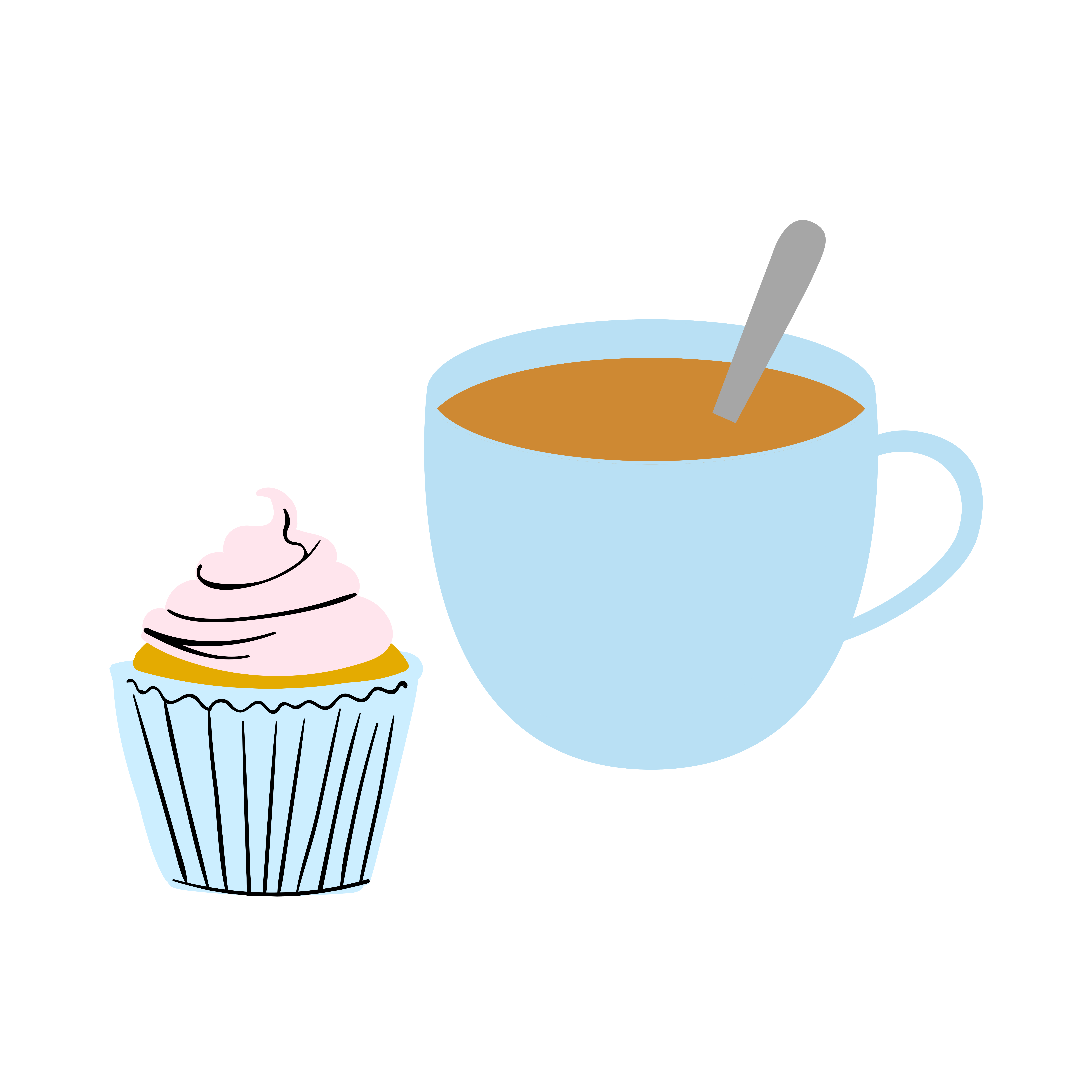
The interview gateway…
Job interviews are pivotal moments in one's professional journey, representing the gateway to new opportunities and career growth.
Having submitted CVs, candidates strive to make a lasting impression on potential employers and employing effective interview strategies becomes paramount.
Assuming (as you’re reading this article) you’ve considered your strengths, any weaknesses, your end goal and what type of work you’re keen to get up and go into every day, you’ll have applied for the position that’s the next on your career path or even be interviewing for your perfect job.
If you have any doubts about the right career path for you, look out for my book ‘I AM Choosing my Options’ which has simple exercises to help you narrow down your own passion and purpose. Although it’s aimed at the choosing options stage, the exercises remain relevant throughout your career and includes a career compass, along with why you should set career goals - again always important.
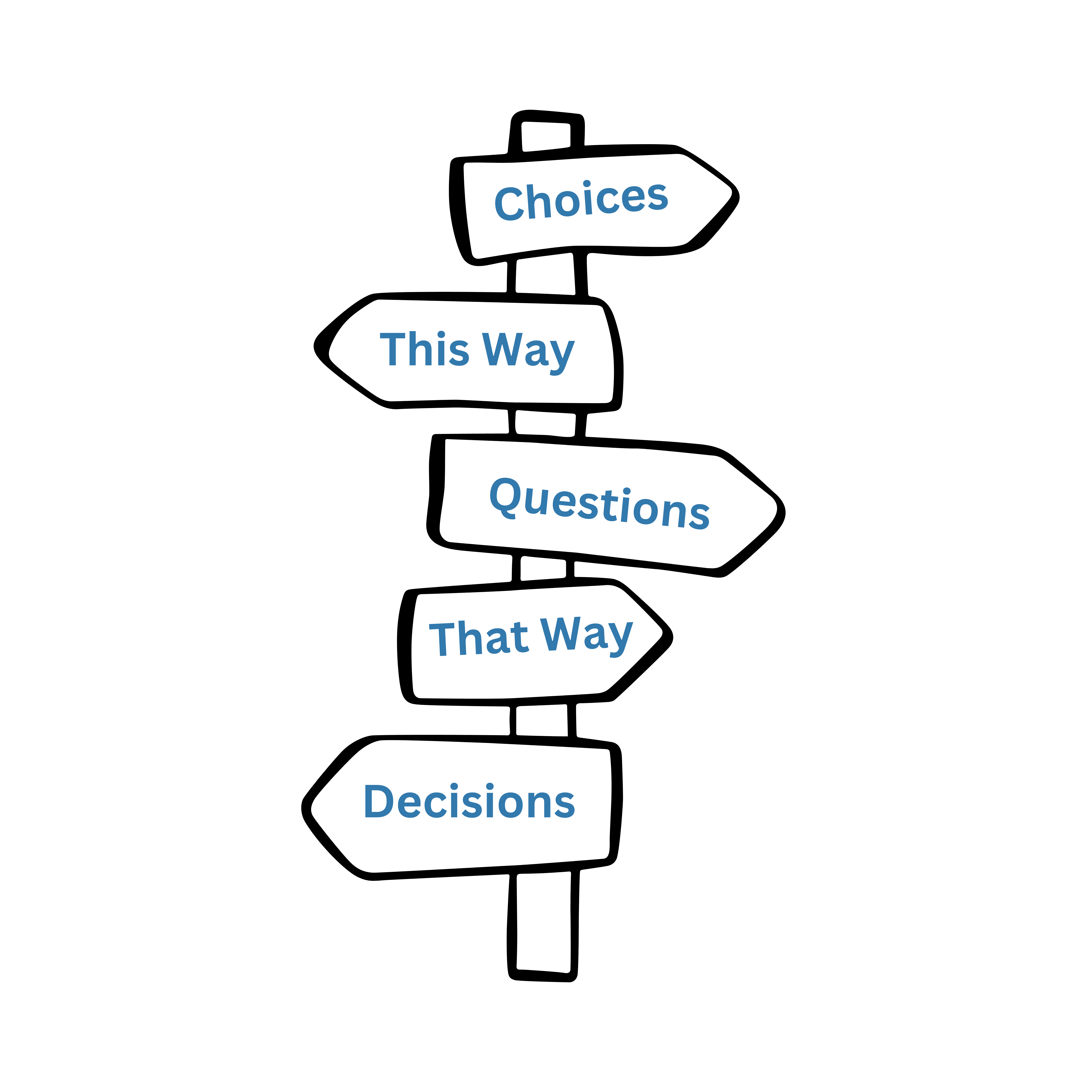
Note: when you’re looking at job openings, it may be that more than one position excites your interest and, if so, apply for them all. This will keep your options open, and you only have to make a decision once you’ve received offers.
Having said this, if you aren’t keen on one or other opening, don’t hold up a place for someone else – possibly ruining their dream when their CV is cast aside in favour of yours.
Application process…
After completing any application process, depending on where you are with your career, you’ll have listed past jobs, or simply your grades and any extracurricular activities you did, or hobbies you have and submitted your CV with a compelling cover letter playing a significant role in an employer’s decision process.
Depending on what they are, the extracurricular activities (if you’re just leaving education) or your hobbies if you’re already in work, can demonstrate that you have commitment (especially those that mean attending once a week - whatever the weather) and that you can work as a team player (demonstrating you can work with others to achieve the best end result) both attributes employers look for.
But an interview offers you the unique opportunity to stand out from all the other potential employees whose applications sit in front of them and allows you to make a lasting impression, connect, ready for when they make a decision.
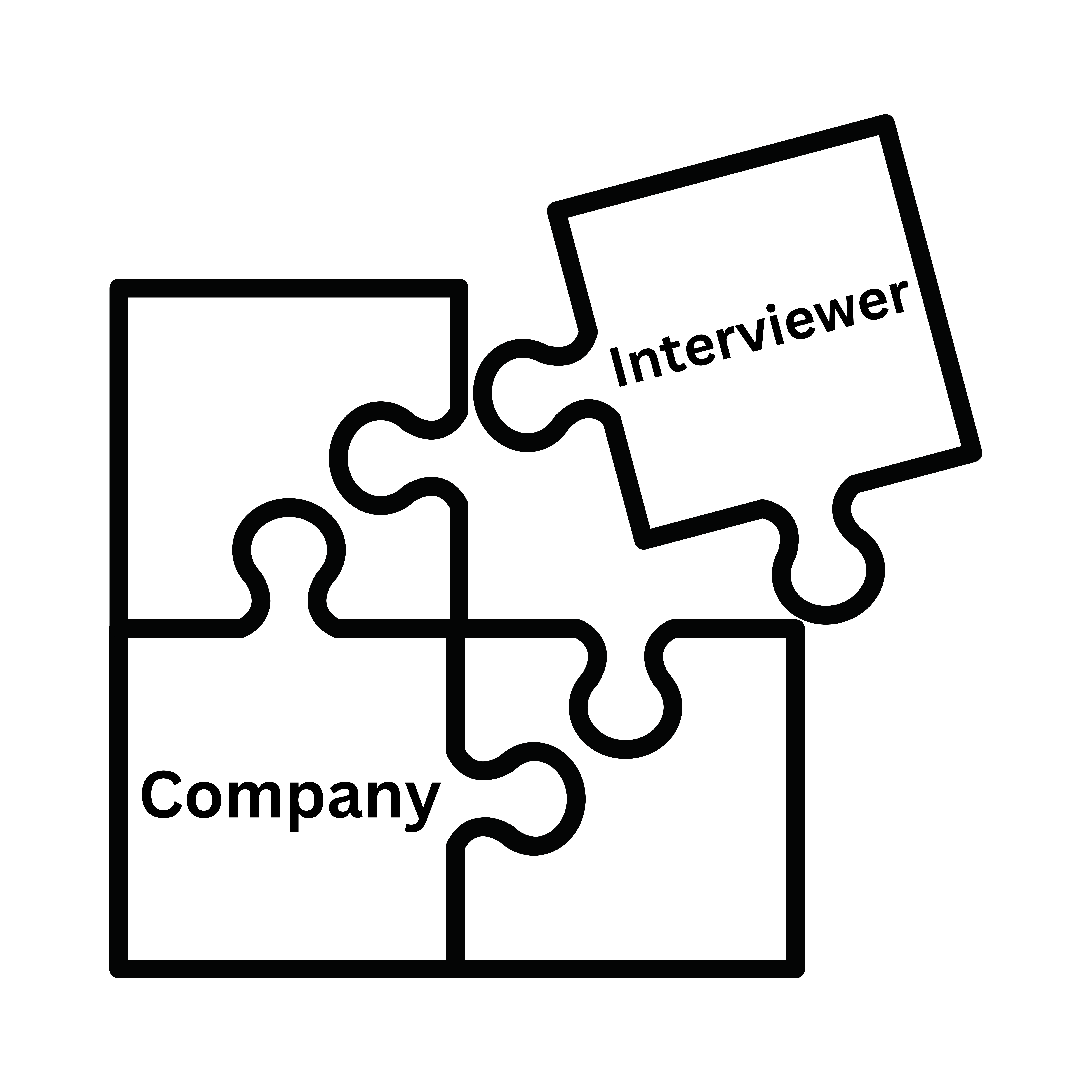
So, together, let’s make sure your interview is simply the best.
Acing your interview…
Mastering the art of acing an interview requires preparation, confidence, and effective communication skills.
However, the interview is also a two-way process – it’s your opportunity to meet the employer, usually on their home ground. Get a feeling for the character of the person who’s going to supervise you and the conditions where you’ll work.
When you’re working for someone, you can work very closely together, especially if they’re training you, with possible daily contact and it’s crucial that you can get along with them, want to learn from them.
So, watch for signs that they’ll deserve your respect.
If there’re any hints that you can’t, complete the interview, but, if offered the position, think carefully about taking the job unless you’re sure you can get over any red flags. Any hesitation on your part at an interview could hint at not having a good working relationship from day one. Cogs, big and small working together are what make companies successful – or not.

Being careful to only take jobs that are right for you, could prevent you from having a short-term job on your CV when you realise you simply cannot work with that person after all. This, when written on your CV could possibly imply to future employers that either you’re a job hopper, difficult to work with, or that you aren’t committed to the profession.
I’ve written an article on how long it’s suggested you should stay in a job from an employer’s point of view to improve your CV chances, inspirationally called ‘Job Duration: indicator of stability, commitment, and growth’, if you want to check it out.
You may not always get the chance to explain what happened in person and, possibly more importantly, if it’s because, in your opinion, your ex-employer should never have become a boss, it could be difficult explaining it away.
Never – ever - bad-mouth a former employer or teammate to a potential employer. No one wants to hire someone who could prove disruptive.
Besides, I want you to want to go to work in the mornings, keen to learn what you can that day. Work with a mentor who inspires you.
Sure, you could learn how not to be a boss from a bad manager, but, at worst, the cost could both destroy your confidence, and leave a lasting impression on your mental health.
Note: I’ve been there and it’s simply not worth the toll it could take on you.

Understand the job description, analyse it carefully. Identify the skills, qualifications, and experience the company is seeking. This will help you tailor your responses and highlight your suitability for the role.
The company: before stepping into the interview room, arm yourself with as much knowledge about the company as possible. Understand its background and study its website so that you can confidently talk about their products and/or services.
When you have these details at hand, it shows that you've prepared, demonstrating a genuine interest.
Research the interviewer(s): if you know who’ll be interviewing you, research their role(s) within the company. Can you see where they fit in the company structure? This can provide insight into their expectations, their areas of focus and, again, you can prepare answers that show you’ll add value, be able to support them in their role.

Understand the role…
Dive into the job description and requirements. You’ll already have done this when tailoring your CV and covering letter when applying but refresh your memory before the interview.
Identify how your skills and experiences will fit the role and prepare specific examples of how you've excelled in similar situations.
And to the day…
For the day, our starting point is you so let’s start with the basics…
Appearance…
Personal hygiene is, naturally, important. Make sure your hair is washed, nails clean, your clothes and shoes presentable.

Avoid strong perfumes or body sprays – they’ve been known to induce headaches in the people interviewing candidates - not the lasting impression we want to leave them with.
Dress appropriately…
Think about what you’re going to wear in advance. Choose your interview outfit based on the company's dress code and culture, check out their website for pictures of employees.
Dressing appropriately is crucial. The saying, "Dress for the job you want, not the job you have," holds true in the context of job interviews. While the dress code may vary based on the industry and company, it’s always best to err on the side of formality for any interview.
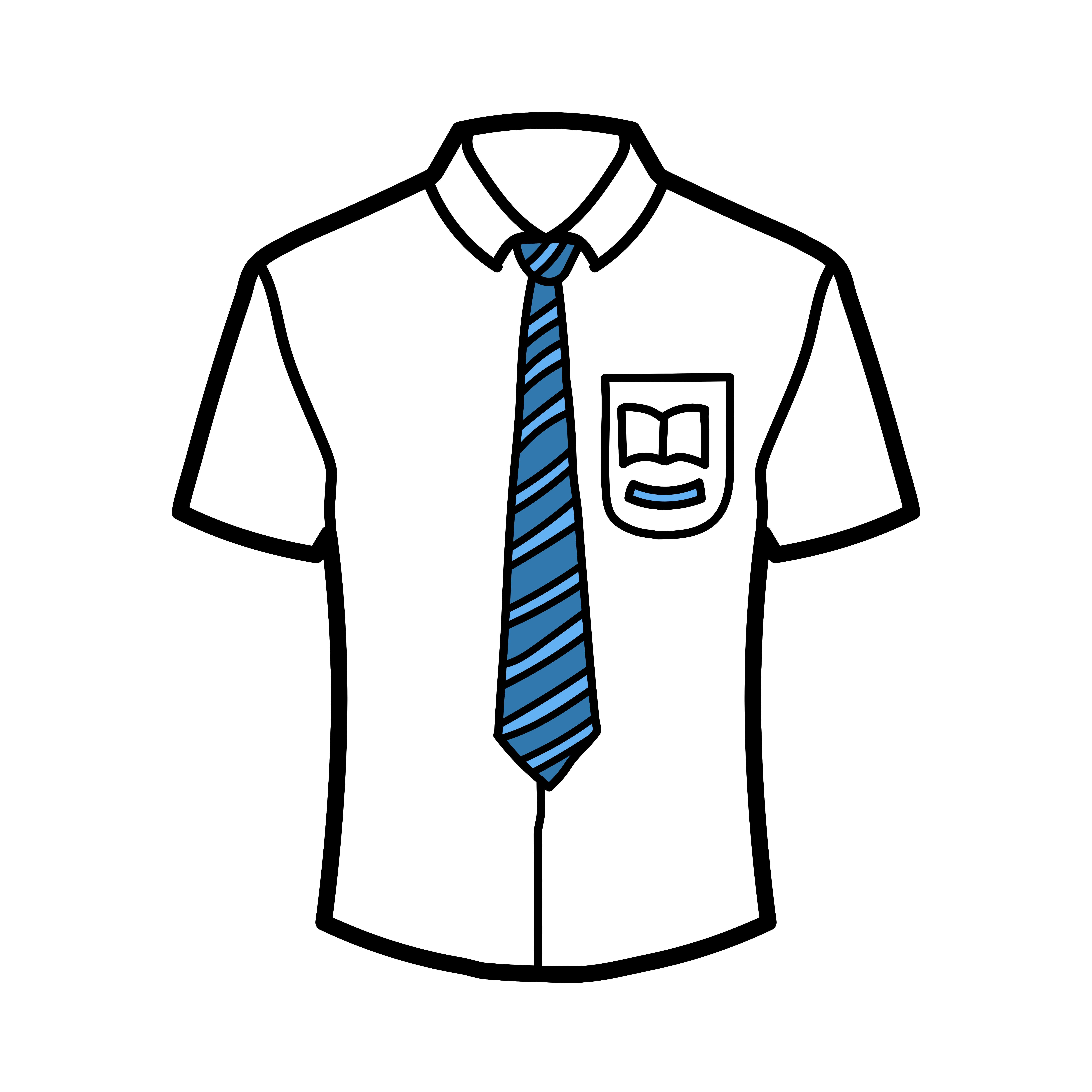
So, dress neatly and conservatively, avoiding excessive accessories or flashy attire that may distract from your qualifications.
Now is not the time to over demonstrate your quirky (but I’m sure stylish) fashion sense.
Opt for professional attire that exudes confidence and respect for the interview process.
And, of course, make sure your clothes are clean and ready to slip on - you don’t want the stress of having to sort these out when the bus you’re catching is on its way.
Talking of buses…
Punctuality speaks volumes about your professionalism.
It goes without saying that you must not be late. If you can’t make it to one interview on time, how can any employer be sure you’ll arrive for a job in a timely manner day after day?
When you’re paid from 8.00 am, you should be there and ready to start at 7.50 am.

Map out the interview location and determine the best mode of transportation. Check out your route to see any delays online when you get up.
Aim to arrive at least 30 minutes early to account for any unexpected delays. It can show contempt to be late, implying that the interviewer’s time isn’t important.
Additionally, it’ll eliminate stress and not leave you having to run to the interview, possibly making you red-faced and sweaty as you shake hands, neither being the impression you’ll want to give.
While you wait to be interviewed, you can use the time to boost your confidence by reminding yourself of your accomplishments and skills. Visualise yourself succeeding in the interview, and practice positive self-talk.
Gather up your documents…
Organise essential documents, take a copy of your resume, cover letter, references, and any relevant certificates. Have copies on hand, even if you've submitted them electronically.
And be prepared to discuss anything you’ve put on your CV.

Note: don’t get caught out (like I did once) when I was asked for the name of a process I’d put on my CV (naturally as it was on there I had stated how well it had done under my wing) and I had a total mental block – couldn’t remember the official title for the life of me!
First impressions…
Be polite to receptionists and those walking you to the interview.
Note: I was working for the personnel department for a multi-national bank and frequently escorted interviewees to the conference room. Though my time with the interviewee was short, I was asked for my impression of them.
It’s true, you can tell a heck of a lot in just a few seconds, so be careful to acknowledge and be pleasant to anyone you have contact with. Remember they’re all cogs as well.

Non-verbal communication…
Remember that non-verbal communication significantly impacts first impressions.
Upon entering the interview room, walk with your head held high, standing straight, and with a smile on your face. A warm smile can help create a positive atmosphere, reflecting your enthusiasm and confidence.
A smile is a great equaliser, it transcends language barriers, age and gender but make sure it’s genuine and reaches your eyes.
Offer a firm handshake and maintain eye contact with the interviewer.

Even if you know the interviewer’s first name, always address them as Mr or Ms, unless or until, they ask you to call them by their first name.
Polish your elevator pitch…
An elevator pitch is the idea that if you travel a couple of floors with someone who asks what you do, you’re prepared and can respond with a short, but comprehensive, reply rather than with ‘um’s’ and ‘ah’s’ as you search for the right words.
Craft a concise introduction that highlights your professional background, accomplishments, and skills, that you can bring to any company.
This demonstrates your ability to succinctly communicate your value, boosting your confidence and ensuring you're ready to provide thoughtful, coherent answers.

And watch for subtle tests: I was reading on the internet the other day that a CEO tests his interviewees with the use of a cup of coffee, taking them to the office kitchen, encouraging them to have a drink, then taking note of whether they clean the cup when finished.
As the CEO stated, you can have the technical knowledge and soft skills but your attitude counts too.
Note: I’ve never faced that situation, but you’re now prepared, just don’t tell him I told you!

Be genuine, ie ‘you’…
While it's natural to want to impress, remember that being genuine trumps perfection hands down.
Employers are looking for employees who will both fit and thrive with their work colleagues, and this requires you being yourself so that they see the real you.
Avoid giving answers you think the interviewer wants to hear; instead, provide natural, honest, responses that reflect your values and personality.
When they offer you the job, you’ll know they’ll have already considered your fit with their other employees, which in itself will give you a confidence booster for your first day.

Study your resume…
Be prepared to discuss the details. Interviewers might ask you to elaborate on specific experiences or achievements. Knowing how the position you’re applying for fits in will, again, allow you to be prepared, tailor your response to how it could benefit the company to show your value.
Address potential challenges: think about any potential challenges or red flags in your application. Prepare how you'll address them positively if they come up during the interview.
Perhaps an experience taught you a critical lesson how to organise a team, make sure you identify the best person for each task for success.
Interviewers understand we’re human and make mistakes, it’s very much how you react to any that will matter long term.

Body language/two-way process…
Pay attention to your (and their) body language, as it can influence the overall impression you leave on the interviewers the same as theirs will on you.
Sit up straight and exhibit positivity throughout the interview. These signals convey confidence and professionalism.
Listen carefully and nod to show active engagement, ie you’re listening and taking it all in. What they’re saying is important, both so you know what’s expected of you to meet their expectations and so that you can ensure the job is the right one for you.
And smile.

Accents…
What type of language is the interview using?
Conversational?
Are they too loud, or too quiet?
Do they have an accent and, if so, can you understand them regardless?
Note 1: when my daughter was studying for her GCSEs her science teacher had such a strong accent it was next to impossible to follow her. As my daughter was at an online school, she was able to record lessons and having listened in on a couple, I had the same issue. It could be that it would have been easier in a classroom setting, or if you had a strong interest in the subject, I don’t know, but the bottom line was that, fortunately, my daughter didn’t need science for her career, so when it came to revision, I told her not to waste time studying for that subject and concentrate on the other lessons that were important to her future, improving those grades. And, although I wouldn’t recommend that for anyone else, it was the sensible decision at the time, and I have no regrets (and hopefully she doesn’t either)!
Note 2: another example. I was in a café working on these articles and two men were sitting fairly close to me. One of them had an accent that I simply would have bottled up and taken home with me if I could, it was so engaging, and I could have listened to him reciting the telephone directory all day every day.

An accent is not a bad or good thing, but if you’re learning or reporting to someone, you must be able to understand their instructions.
Craft your narrative…
Human beings are wired to connect through stories. Think of compelling incidents that demonstrate your character, resilience, and adaptability.
The interview is a chance to tell your story, the one behind what's written on your application.
Match your skills to the role. Draw parallels between your skills and the job requirements. Prepare specific examples of how your experiences align with the responsibilities of the role and be ready to discuss how you've excelled in similar situations in the past.
If you can make the story an event where you worked with others to overcome a challenge, all to the better, as you’ll show you can work well with others.

Reflect on your academic path, what led you to the interview, ie how you read my book ‘I am Choosing my Options’ to help you nail down your passion and purpose before opting for your GCSE options and how you also read my article ‘Exploring Options After GCSEs’ to re-confirm your career path and know this is what you want to do.
Or, if you’ve been in employment for a long time, how you still read my book to check you’re on the path that’s right for you. (Just a small plug for me and you never know, it could encourage them to find their passion and purpose – if they haven’t already – and they could then leave for another job, opening up promotion for you!!!)
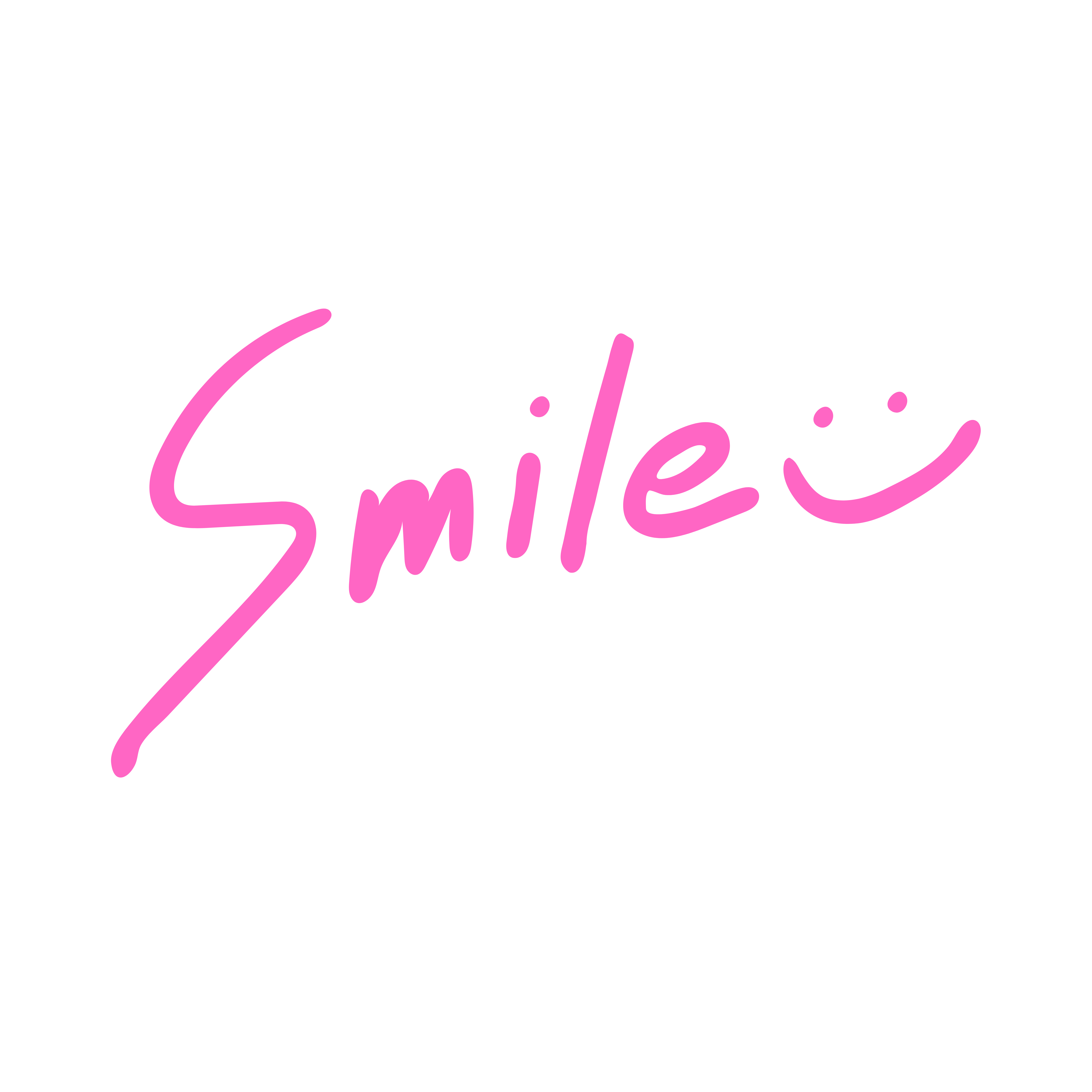
Consider experiences that have shaped you into the individual you are today. Identify challenges you've faced, and overcome, and how they changed you.
Use subject specific terms and words that relate to the position you’re applying for, where they fit in, to demonstrate your understanding of them.
Weave these stories into your responses, where you can naturally, to illustrate your points effectively.
Articulating your narrative will not only allow the interviewer to understand you more as a person but also demonstrates your self-awareness and makes you more memorable.
Remember they could be interviewing many applicants, and you want them to remember you - so make your stories outstanding.

Highlight soft skills…
Beyond technical ability, employers seek candidates with strong soft skills such as communication, teamwork, and problem-solving. I’m writing articles for as many soft skills as I can think of from many years of experience, so feel free to take a look around the website for hints and tips.
Illustrate these skills with real-life scenarios, relate stories where you (and hopefully your colleagues) worked together to achieve success.
Enthusiasm…
Passion is contagious. Being enthusiastic is a definite pull to an interviewer.
Let your genuine excitement about what the job will offer you to meet your passion and purpose shine through. Talk about bits that genuinely draw you.
Discuss your long-term plans. If you don’t know them, borrow my book from your local library and read the chapter about goals. But, of course, tailor them to the role and the company – if it’s a four-person firm it’s unlikely you’ll be able to progress too far, but that’s not a slight, you could make yourself indispensable to a smaller company.

Enthusiasm not only makes you a memorable candidate but also indicates that you’re likely to contribute positively.
Highlight your strengths…
Don't be shy about discussing your strengths and accomplishments and impactful experiences.
Articulate how your skills and experience can directly contribute to the company's success. Show that you understand the bigger picture.
Highlight your alignment with the company's aims, values and culture. Employers value candidates who can seamlessly integrate into their team dynamics.
Address weaknesses…
Don't shy away from discussing areas where you got it wrong!

When discussing challenging experiences, frame them positively. Focus on what you learnt from it and how you've grown from any setbacks.
We’ve all made mistakes - we all make mistakes. We’re human.
It’s learning from them that’s important.
Answering questions…
During the interview, you can expect a series of questions designed to assess your suitability for the role.
I’m, briefly, covering how to structure responses below, but questions are a huge part of any interview so I’ve written a separate article on interview questions alone which could be useful.
Once you’ve finished here, look for my article (creatively) called ‘Interview Questions: Asks and Answers’ – there will be crossover, ie I’ll repeat some of what’s below, but in much more detail for you so that you’re as prepared as you can be.
Anyway, back to how to structure responses:
- First, listen carefully to what you’re being asked, then:
- Identify the situation: describe how the experience occurred;
- Explain in detail the challenge(s) you/your team faced;
- Describe how you brainstormed ideas to address the task;
- Finish with the outcome, elaborate on the results and any lessons learned along the way.

Using the above you can provide concise and structured responses, highlighting your achievements and problem-solving abilities.
Where you can, make it into an entertaining story, provide context, describe your actions, and highlight the positive outcomes but remember to do so with humility – confident, not arrogant – mentioning it was a team effort and focussing on how the event led to your personal growth and your potential to contribute to any company.
Note: if there’s any chance your outcome made a difference to the bottom line – ie saved money by cutting out unnecessary steps to save time or expense, any company will value that.
Hint - two-way interview…
Remember the two-way idea.
You want to fit in to avoid any stress generated by feeling an ‘odd one out’ so check out what the employer is wearing.
Copy it if you decide to accept a job offer so you fit in immediately - you can always introduce your individualised fashion sense later, after you’ve proven your worth.
Work is a serious business and minimising anything that could be stressful from the very beginning will help.
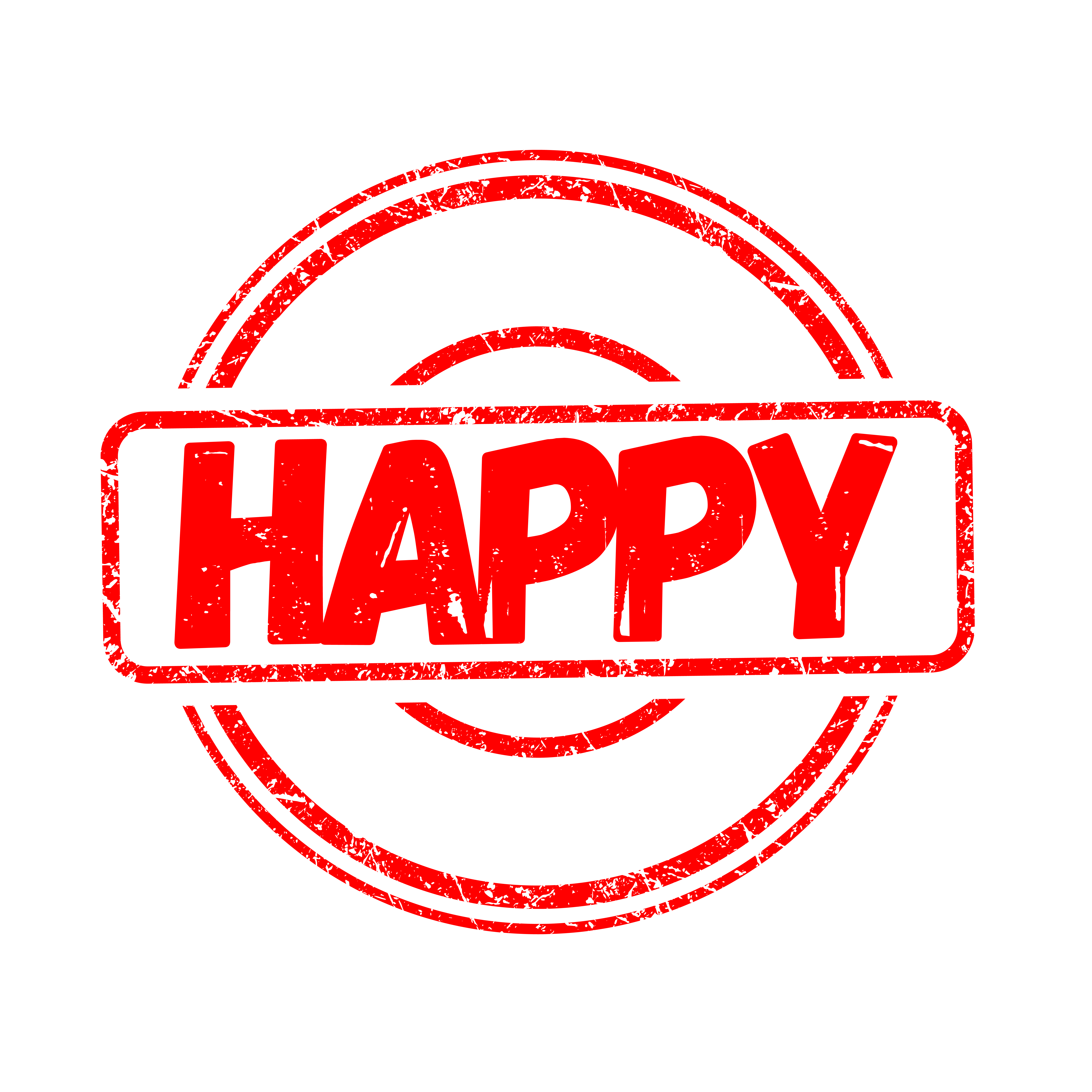
Other considerations…
While you’re at the interview, look around, what is the general atmosphere like?
Do employees seem happy – or otherwise?
Do they smile readily?
Do they seem flustered, are their desks buried under paperwork?
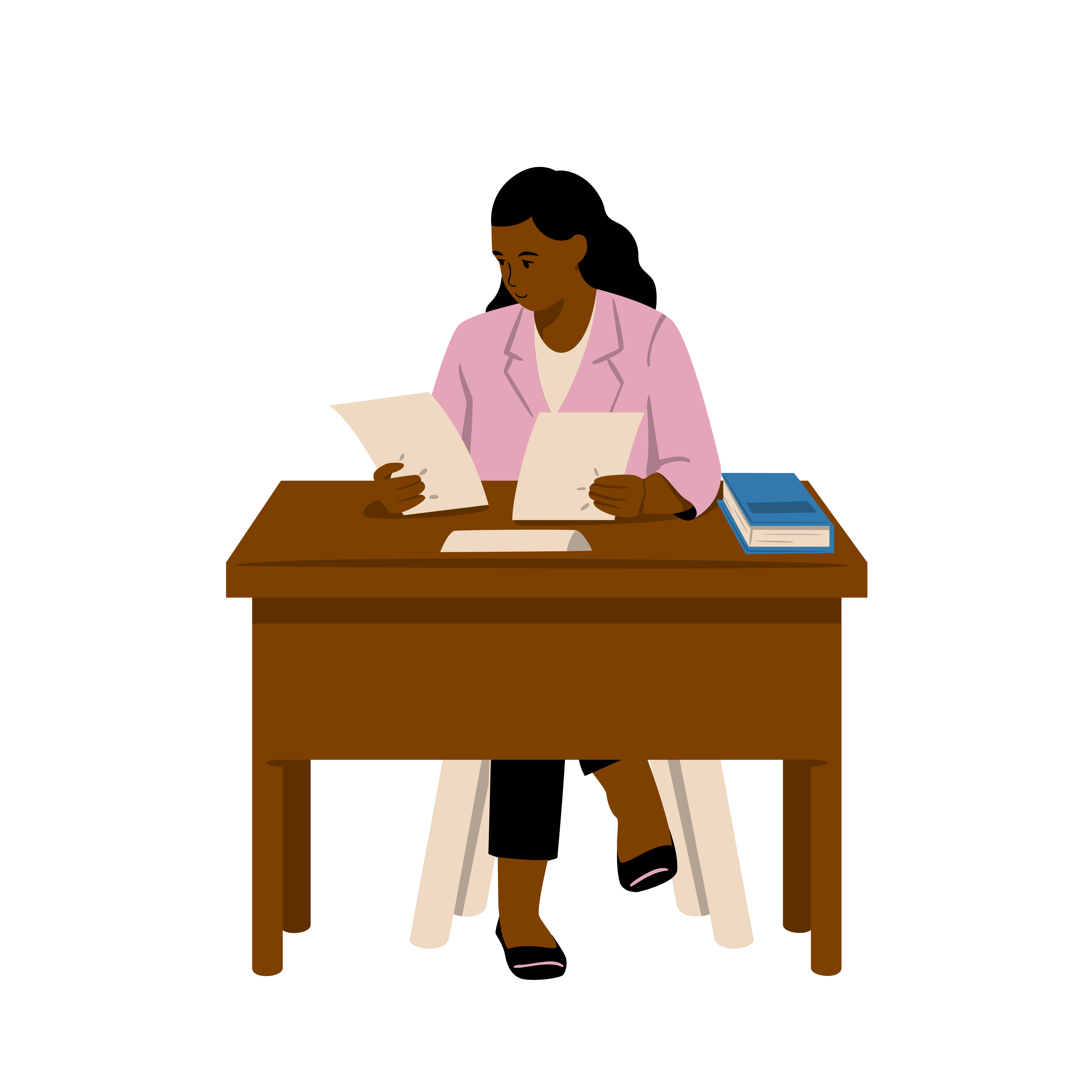
Facilities…
How clean is the office?
How up to date are their facilities? If they’re outdated, consider whether the company is invested in that role, or struggling financially?
A positive atmosphere is a huge plus, but lack of funds could, at least in the long-term, affect morale.
Practice, practice, practice…
Just like any skill, interviewing benefits from practice.
Practicing mock interviews with family, friends, mentors or career counsellors can also help build confidence and improve communication skills.

Practice answering common interview questions while maintaining a conversational tone and keeping your body language positive and ask for constructive feedback to improve your communication style and presentation.
Feeling nervous before and during a job interview is natural. However, excessive nervousness could hinder your ability to perform at your best. To manage nervousness, engage in relaxation techniques like deep breathing and positive visualisation, but practice, practice, practice so the answers come like naturally.
Active listening…
Listen attentively to the interviewer's questions and prompts. This ensures you provide the relevant responses, fosters a genuine conversation and should prevent you from veering off course.

Practice will help you refine your responses, manage nerves, and make you comfortable with the interview format, making it less scary on the day.
Follow-up…
After the interview, send a thank-you email expressing your appreciation for the opportunity to interview.
This demonstrates your continued interest, reminds them how well your interview went and show your professionalism.
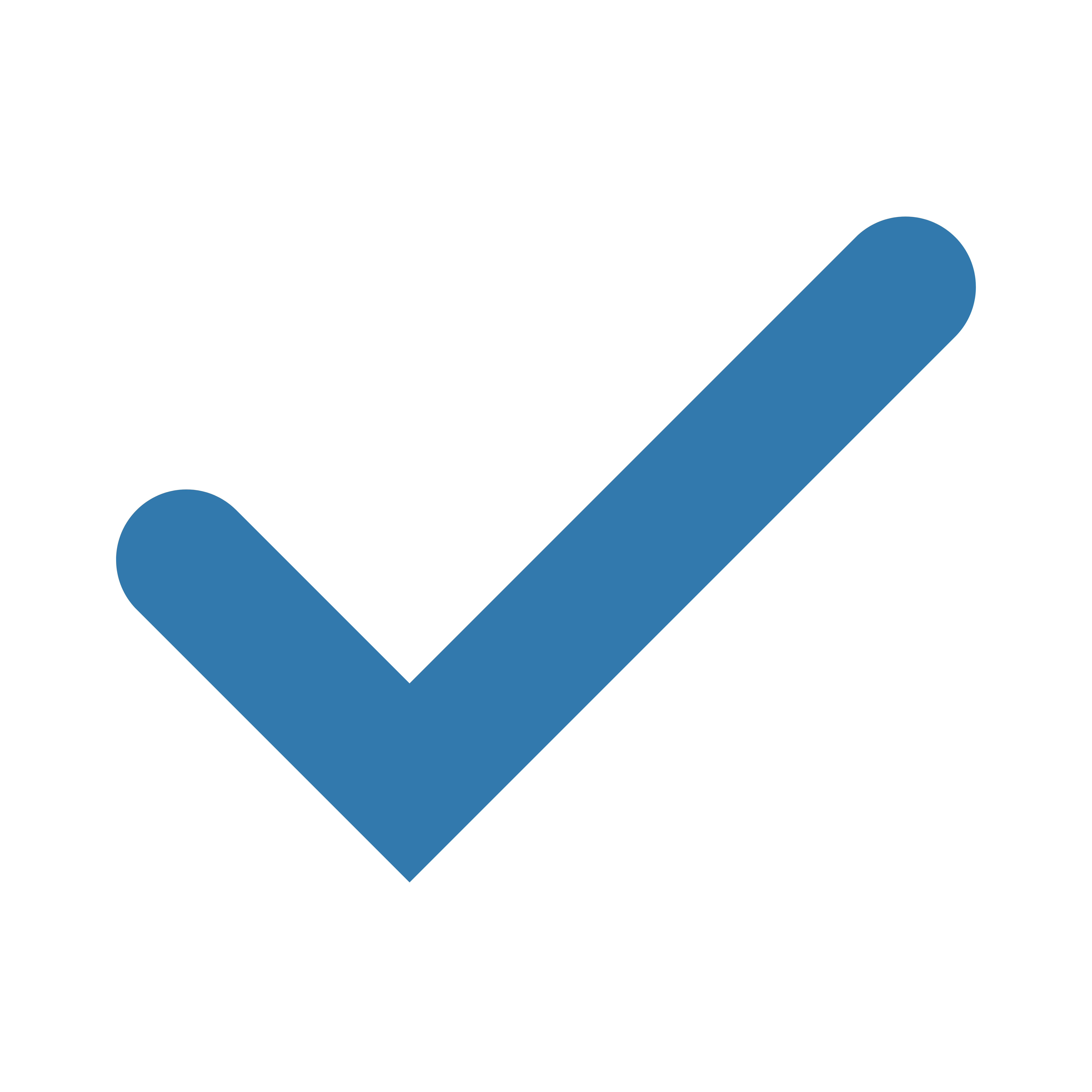
Conclusion…
In conclusion, the interview is an invaluable opportunity to present yourself beyond your written application.
Preparation is the key to confidence, and confidence is the key to making a memorable impression.
By conducting thorough research, relaying stories, demonstrating enthusiasm, highlighting your strengths, asking thoughtful questions, focusing on confident non-verbal body language, practicing, and being you, you can position yourself as a standout candidate.
With the right preparation, professional attire, and mindset, you can navigate the interview successfully and inch closer to your dreams.
And remember that the interview is not only a chance for the employer to learn more about you but also for you to assess whether the job is right for you.
I’d love to hear how you’re getting on and, where possible, if we can help more. And, once you’ve started the job, read through my articles in ‘Starting my career’ for valuable soft skills. They’ll steer you in the right direction.
Lastly, I wanted to both wish you luck and say that I know you can do it.
Success is within your grasp!
